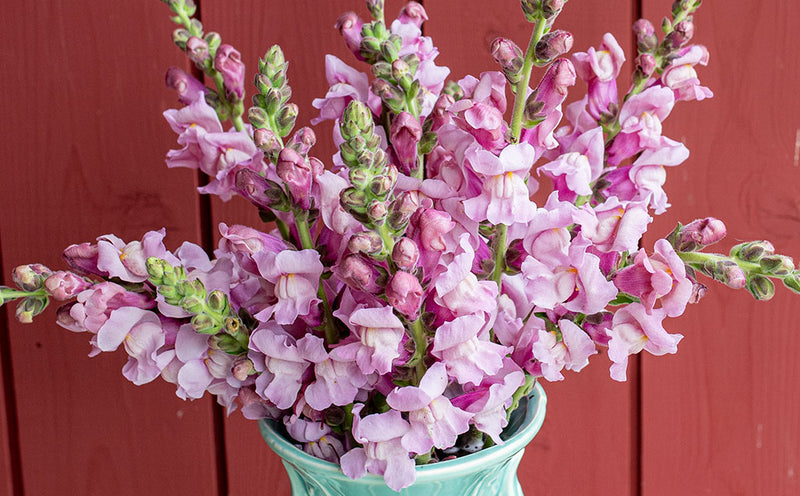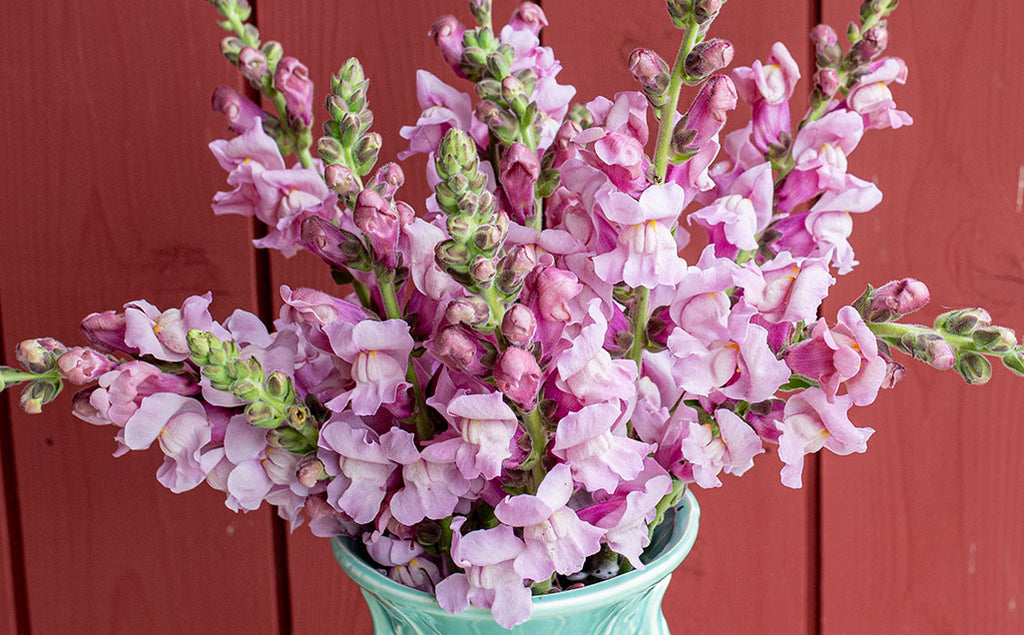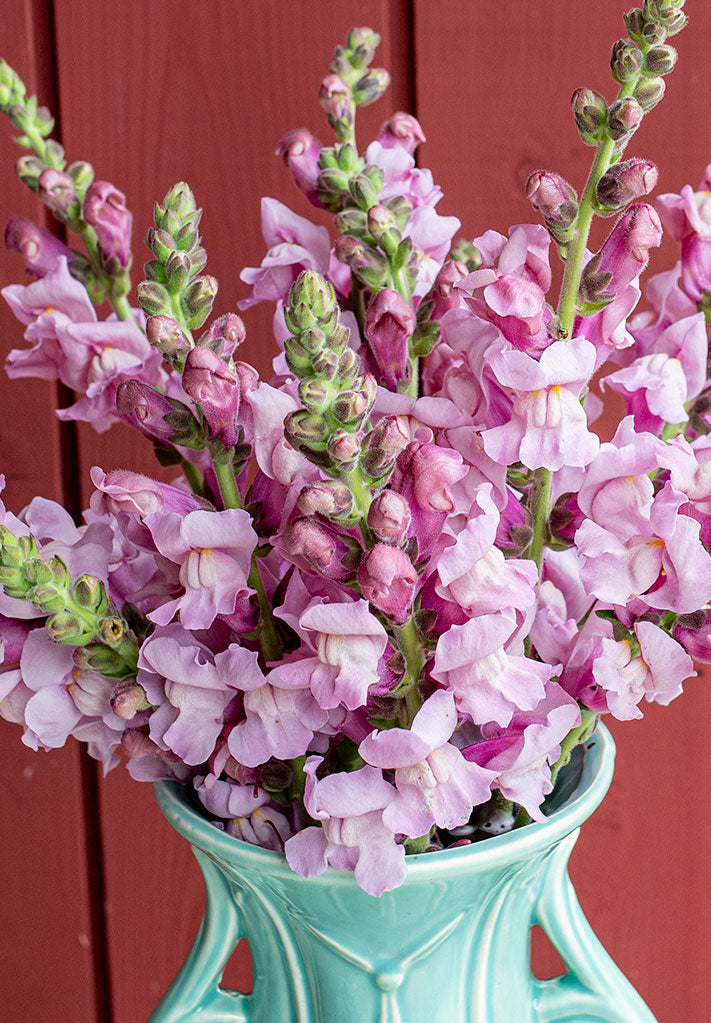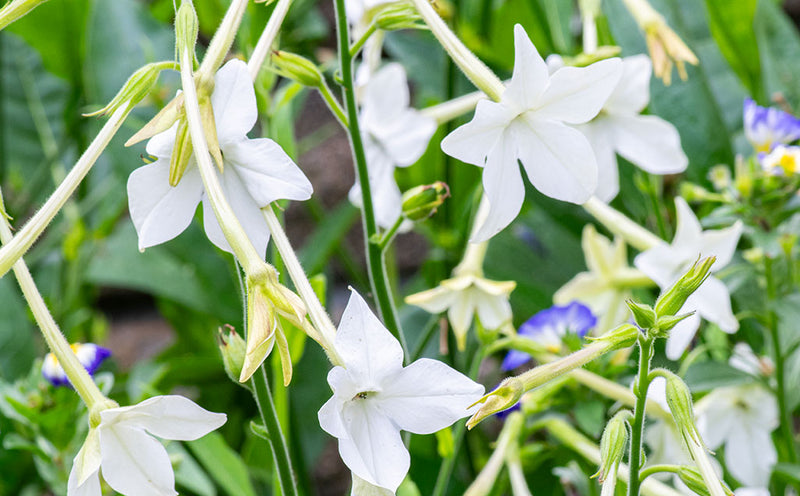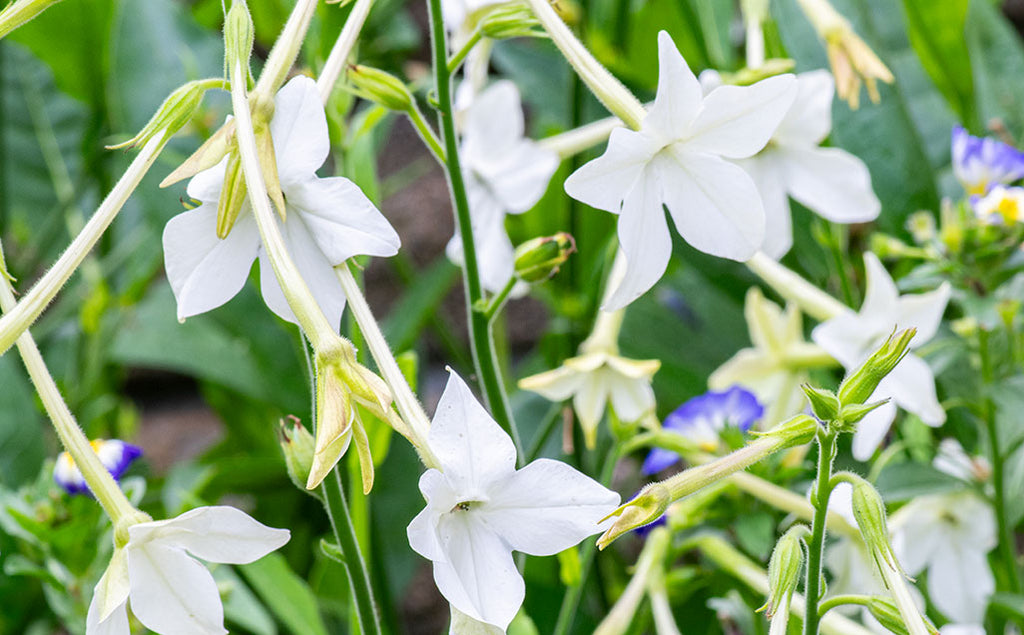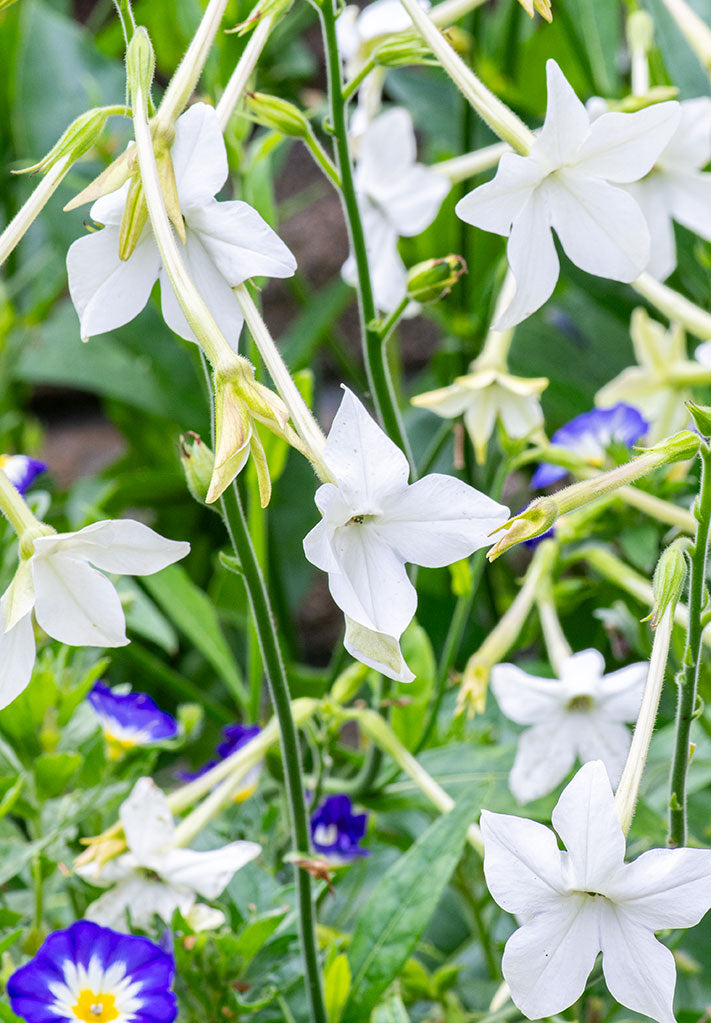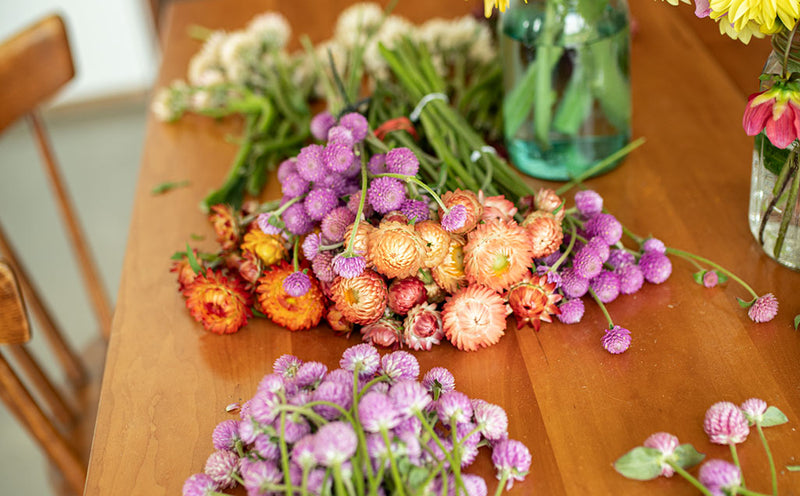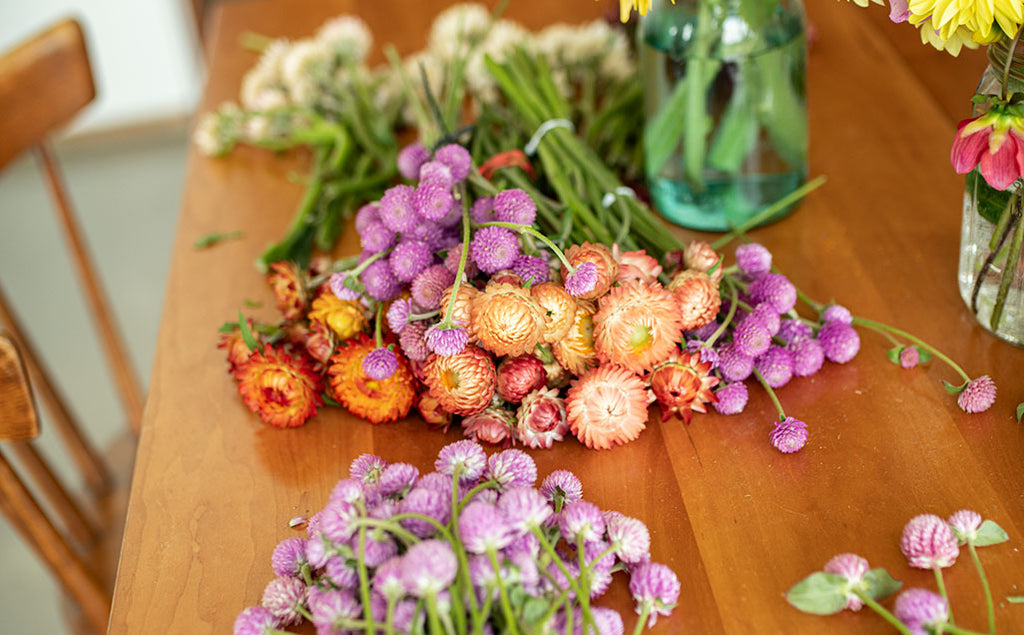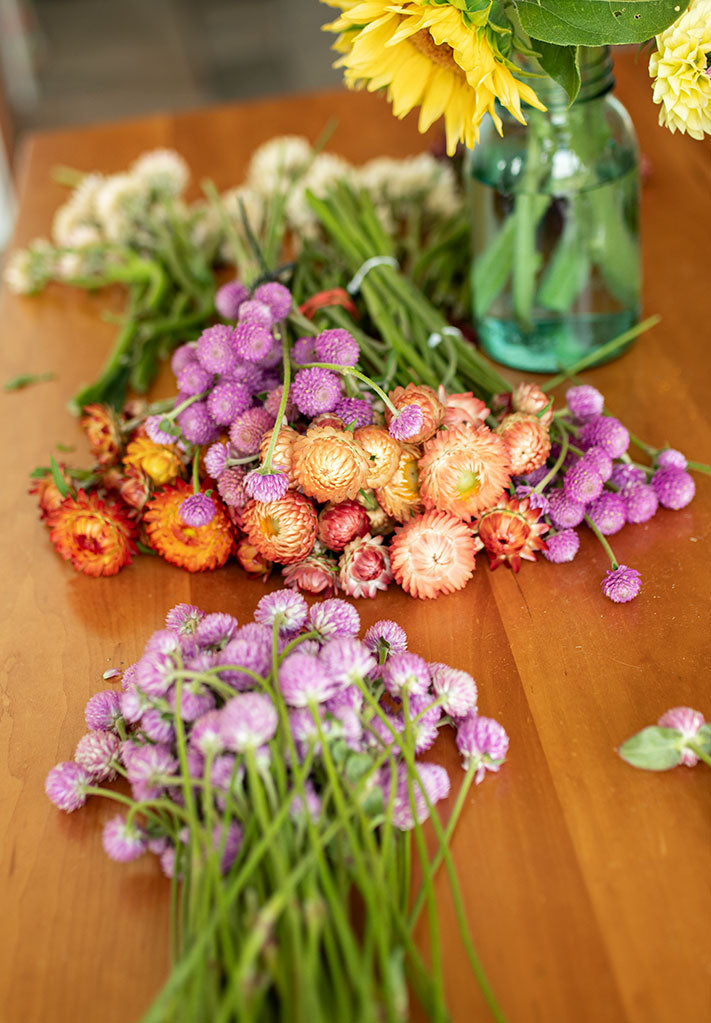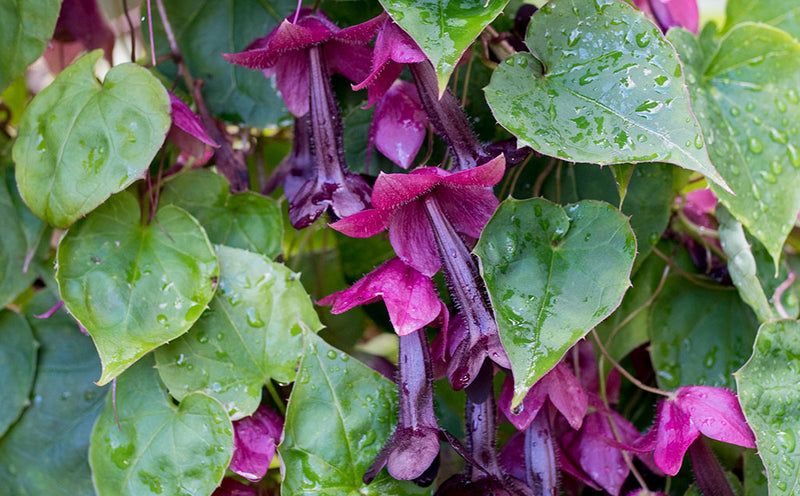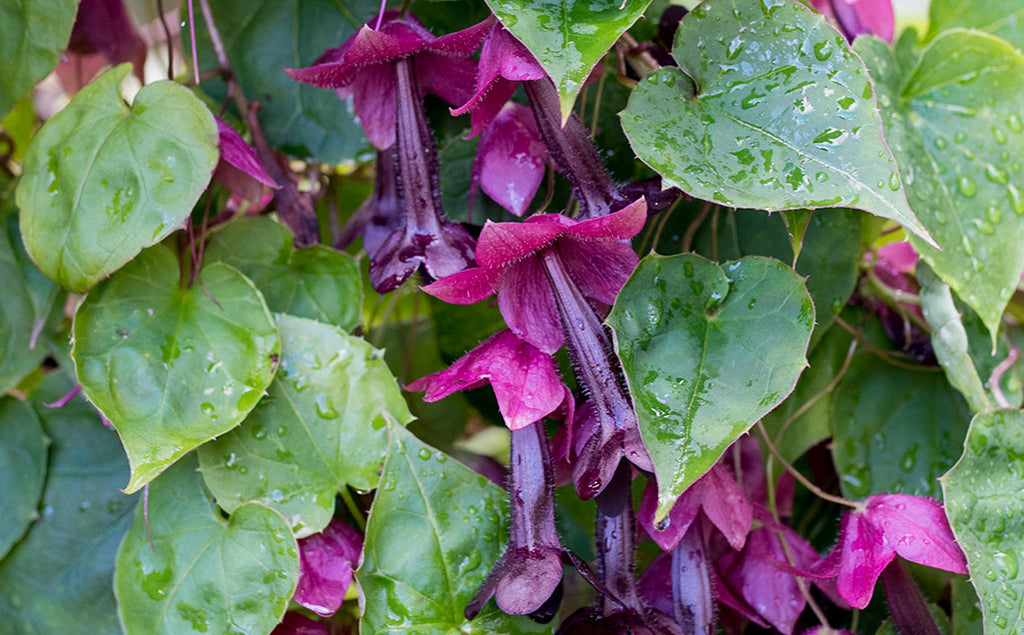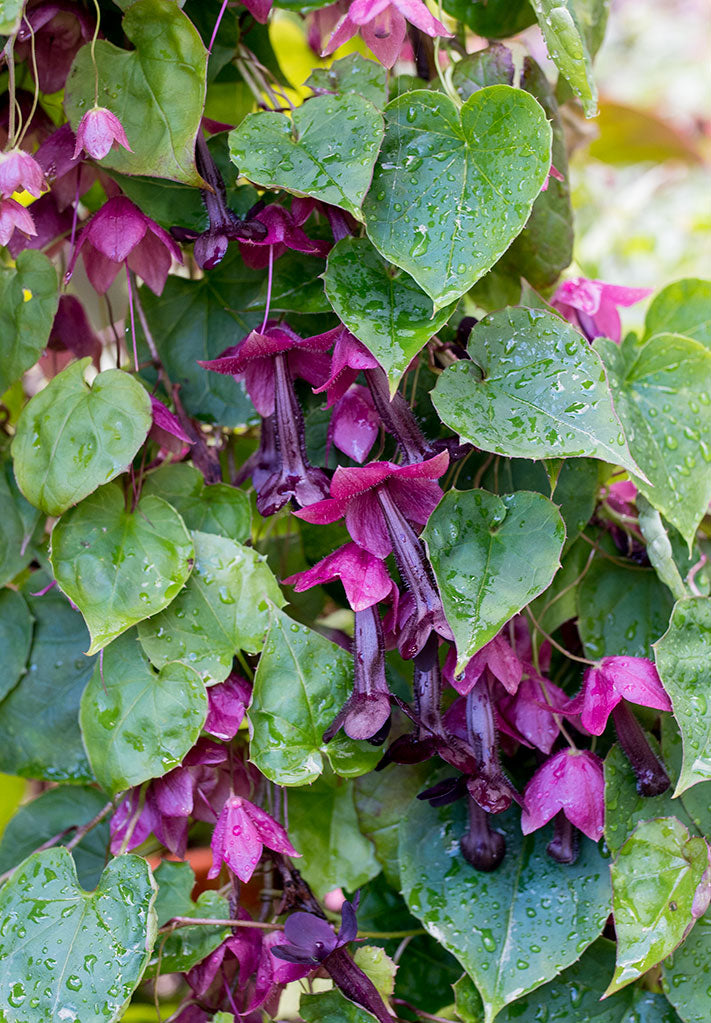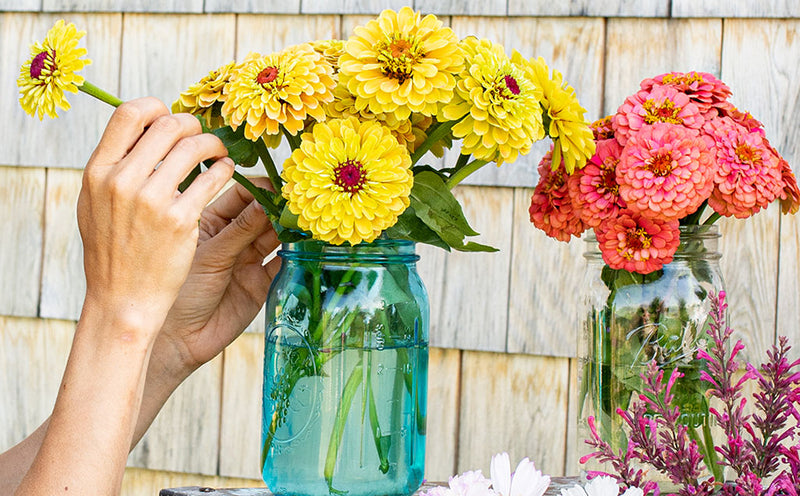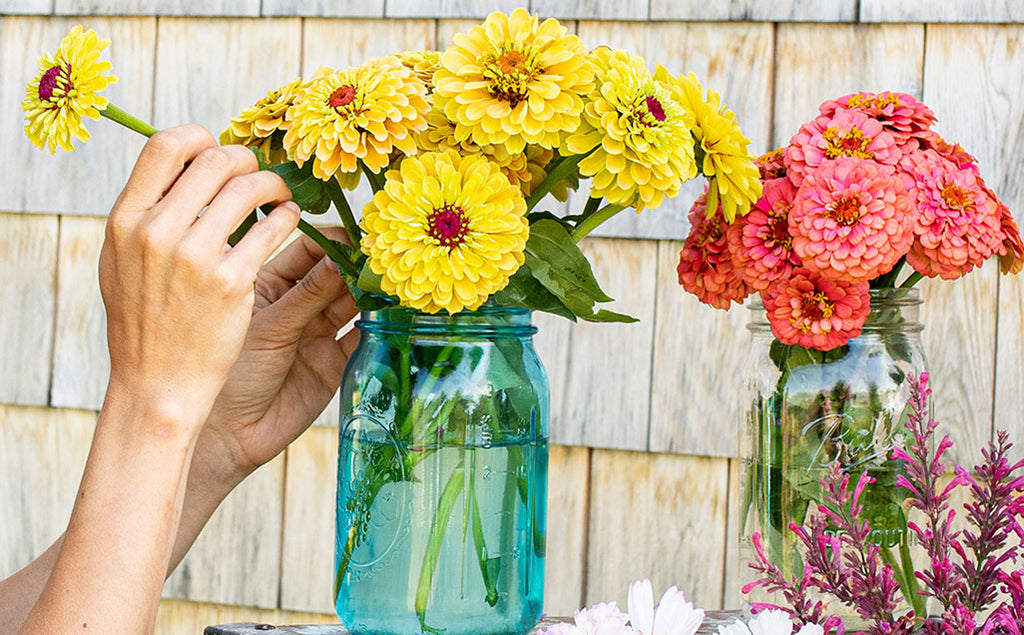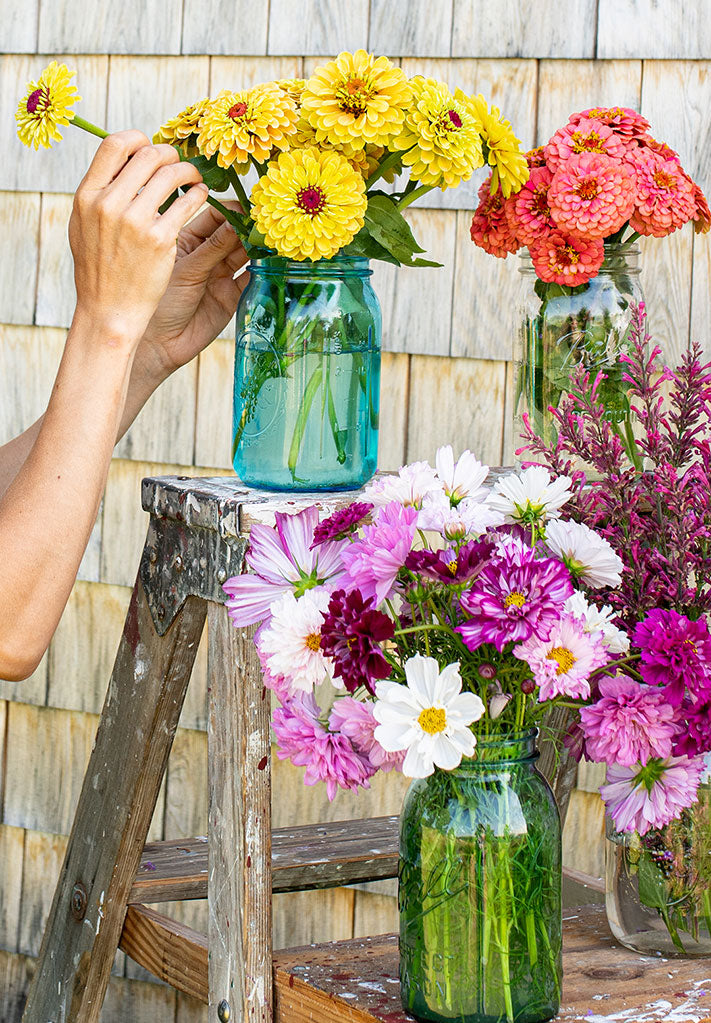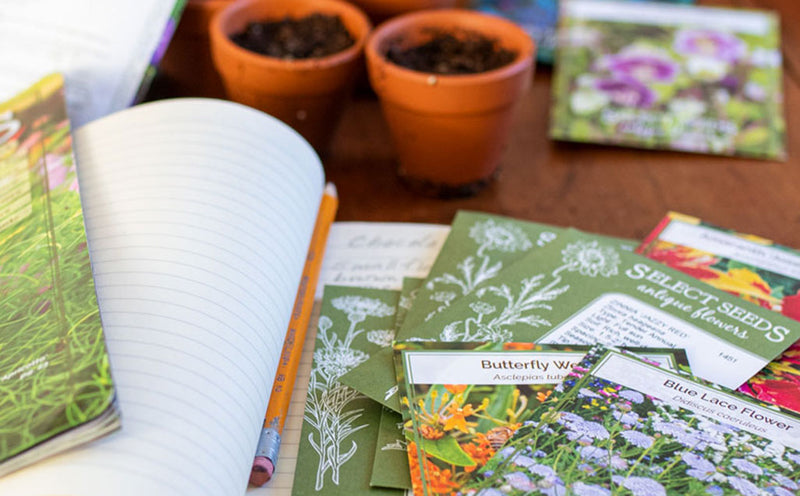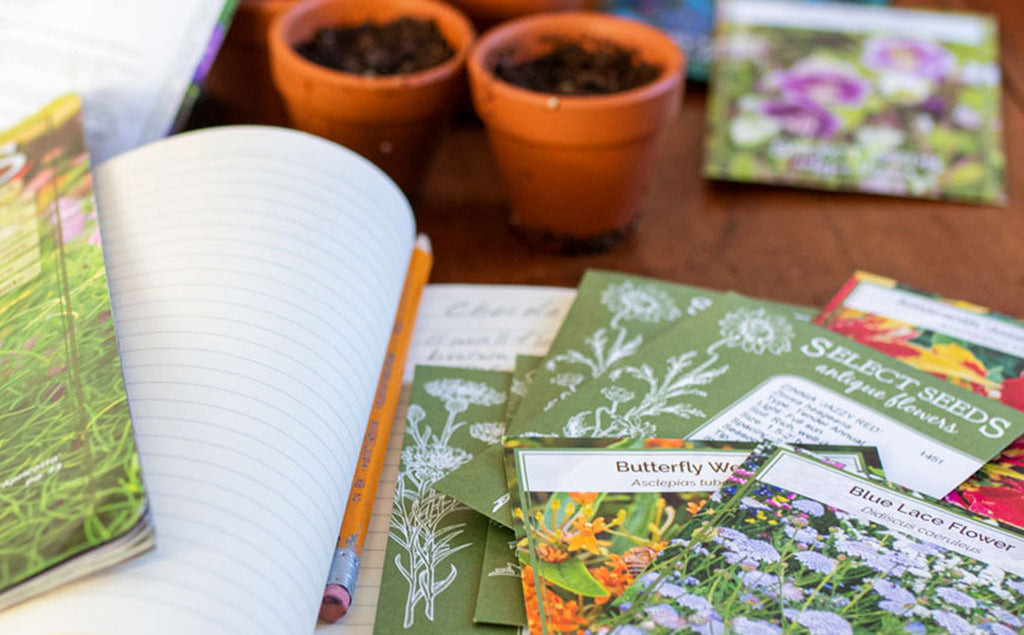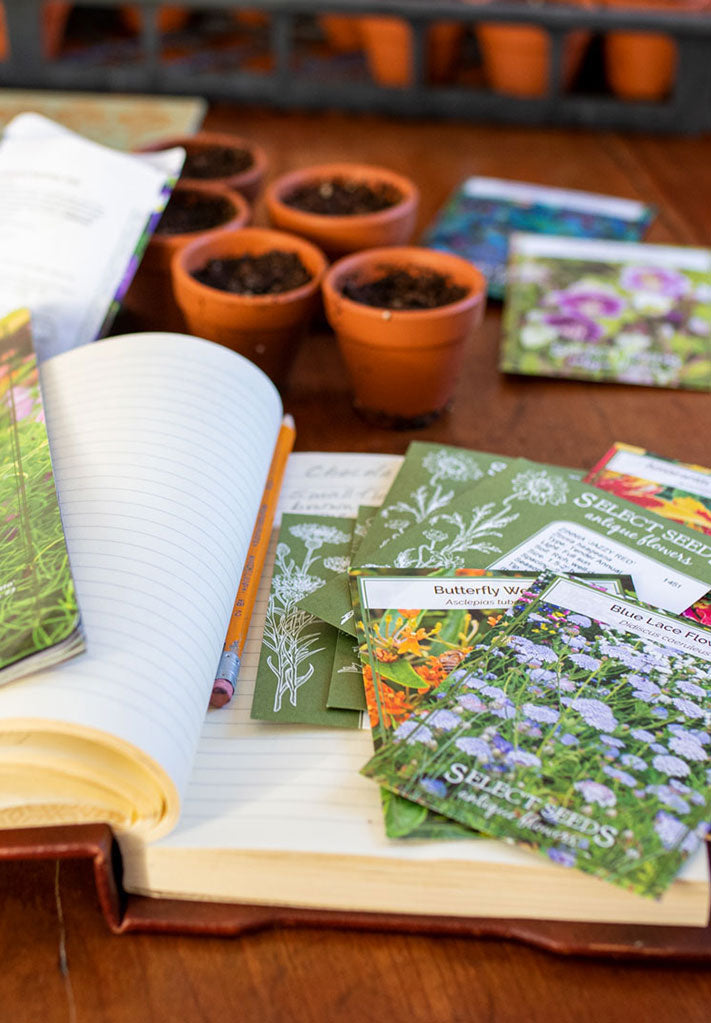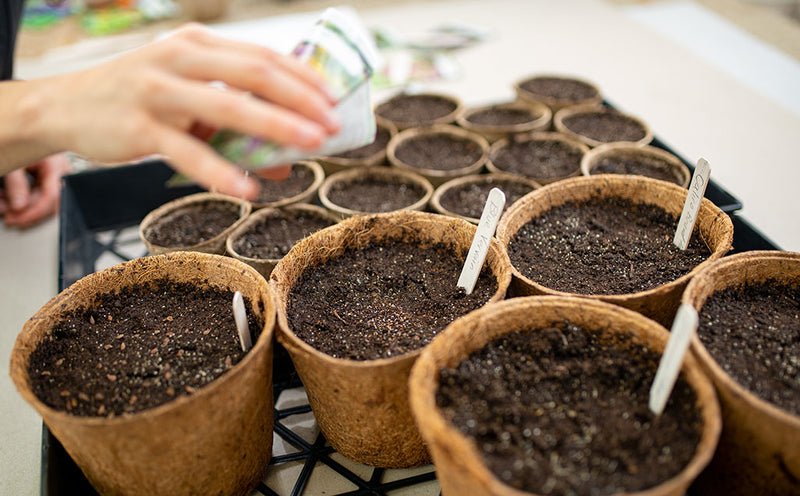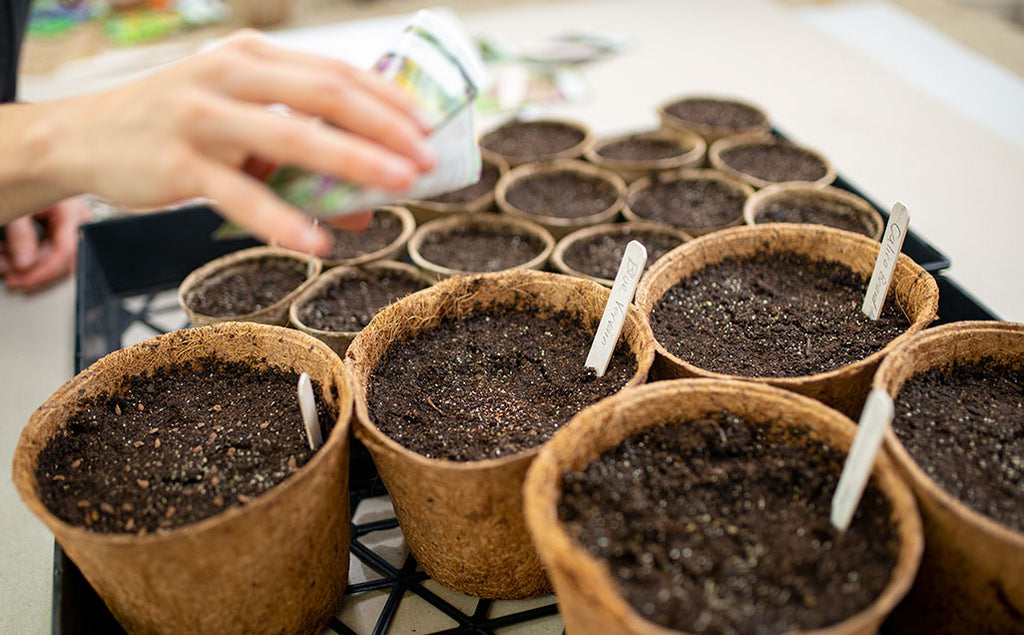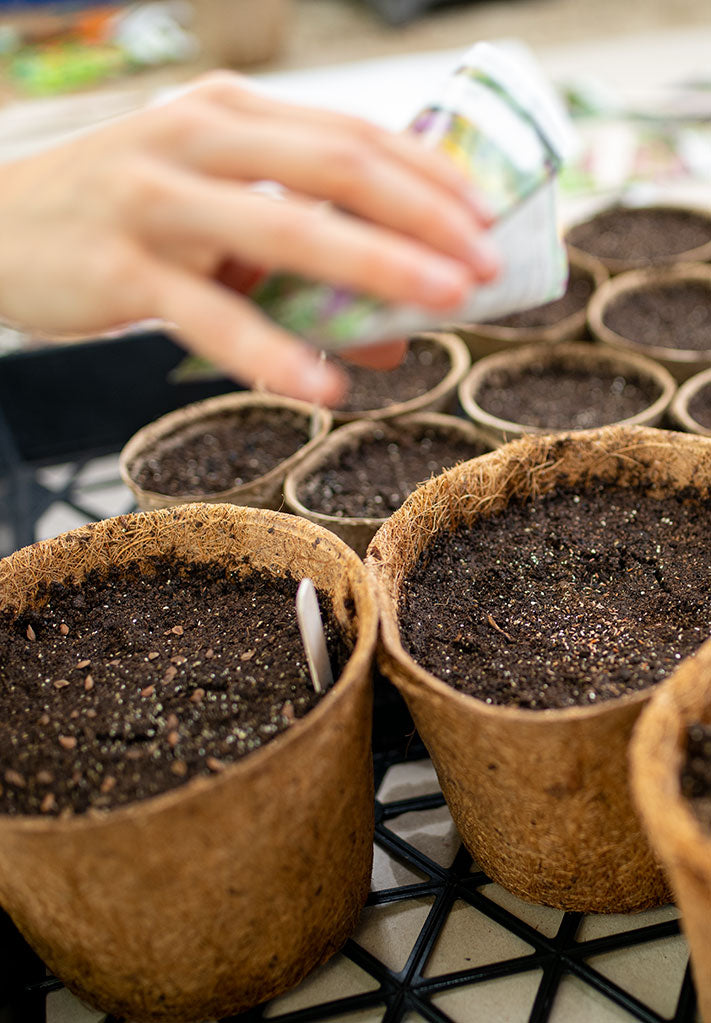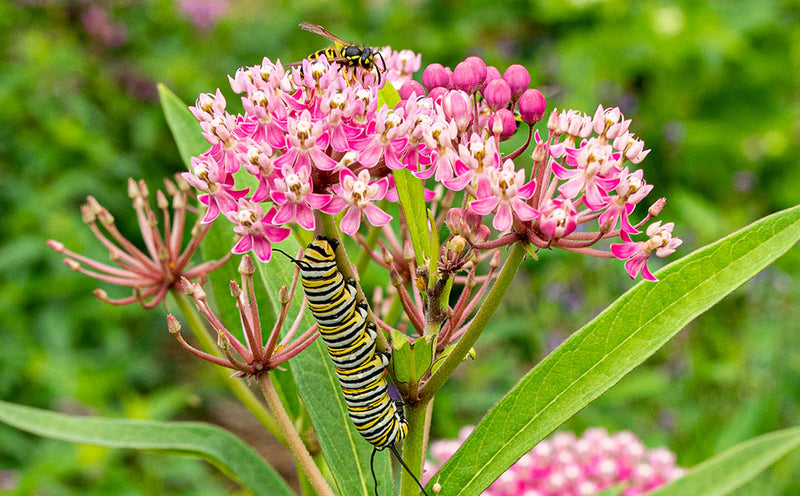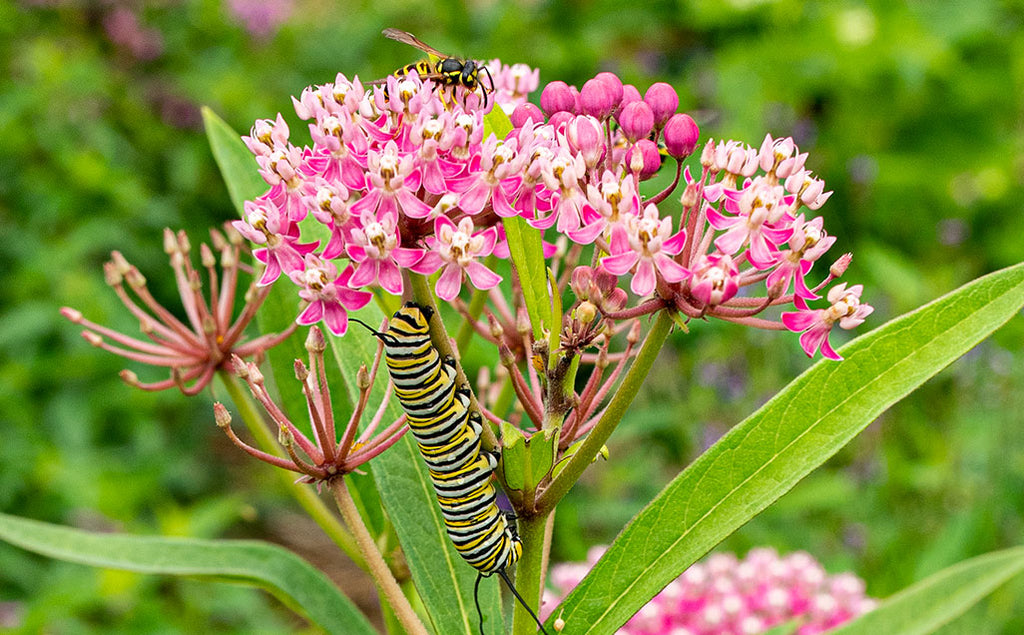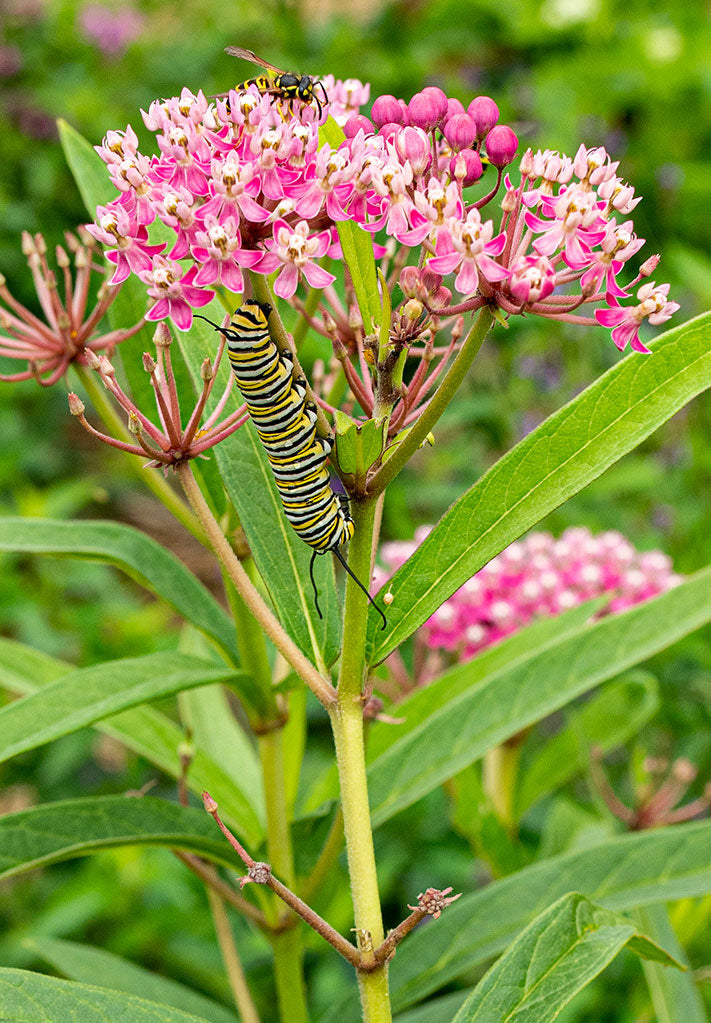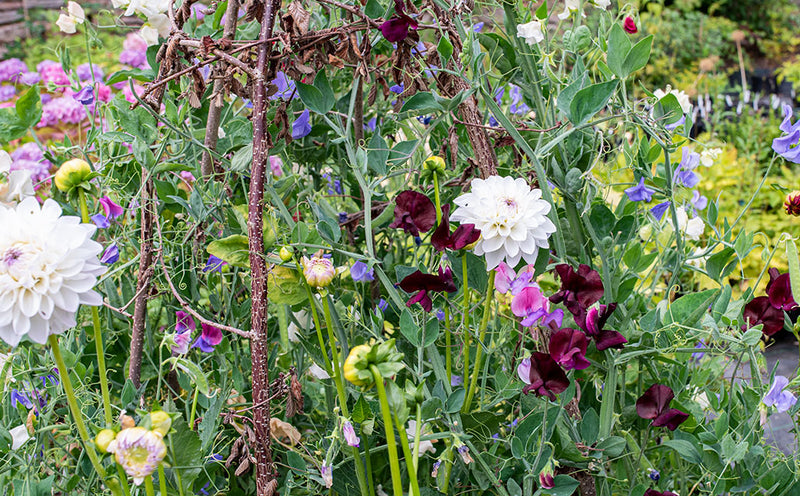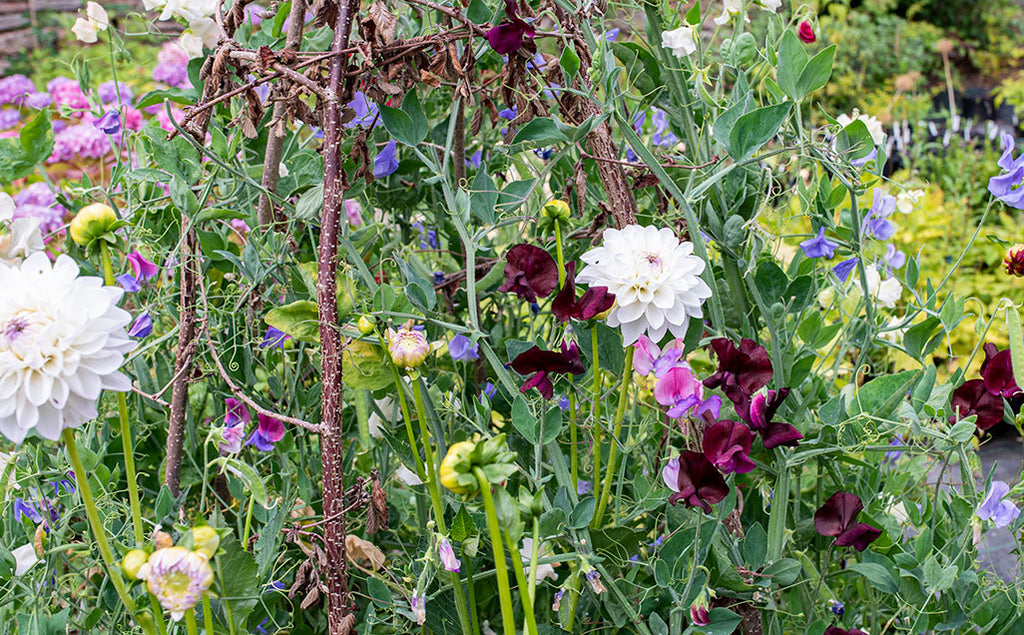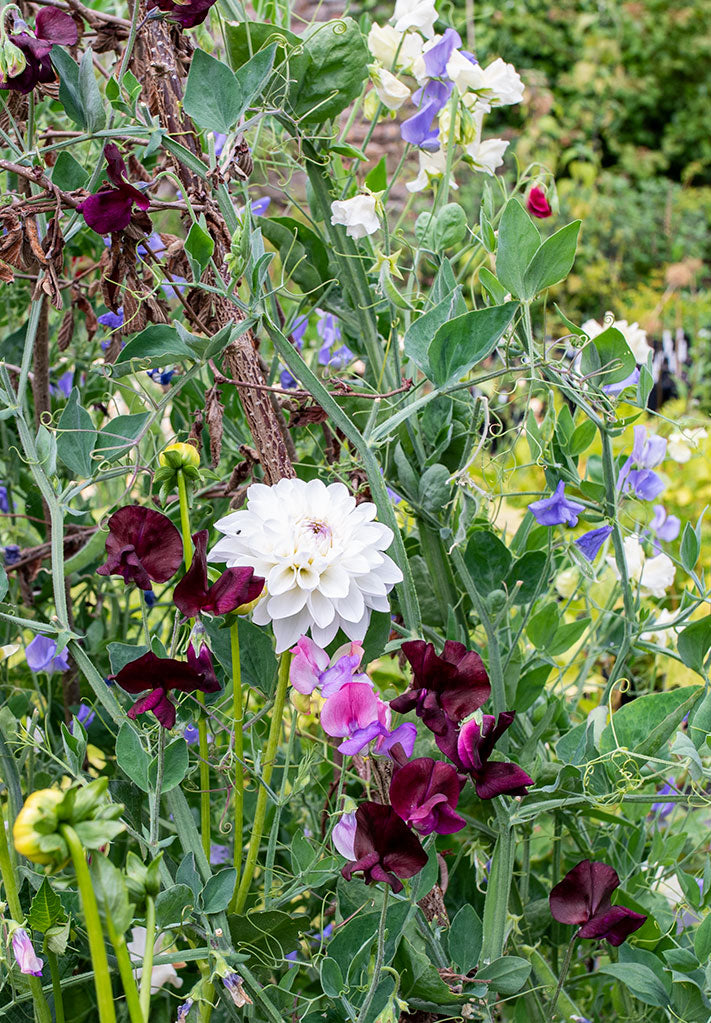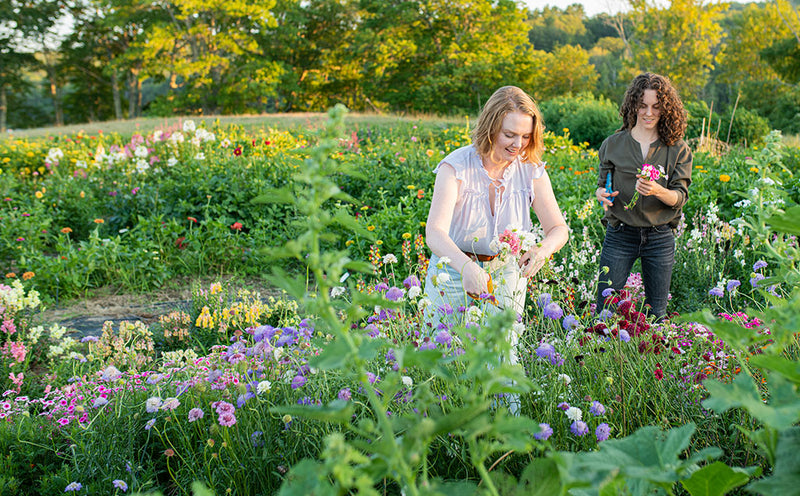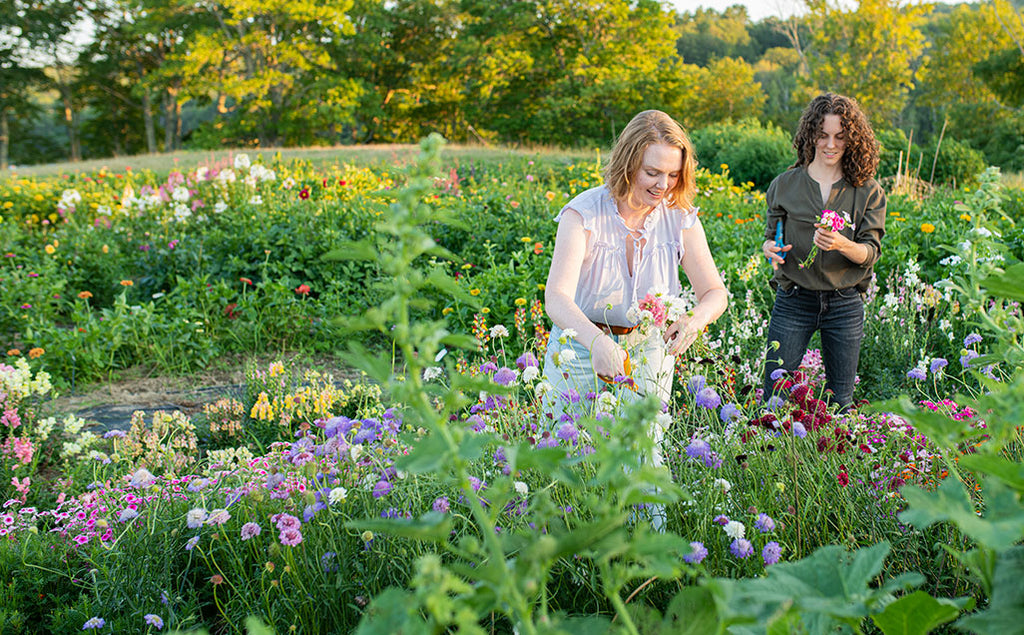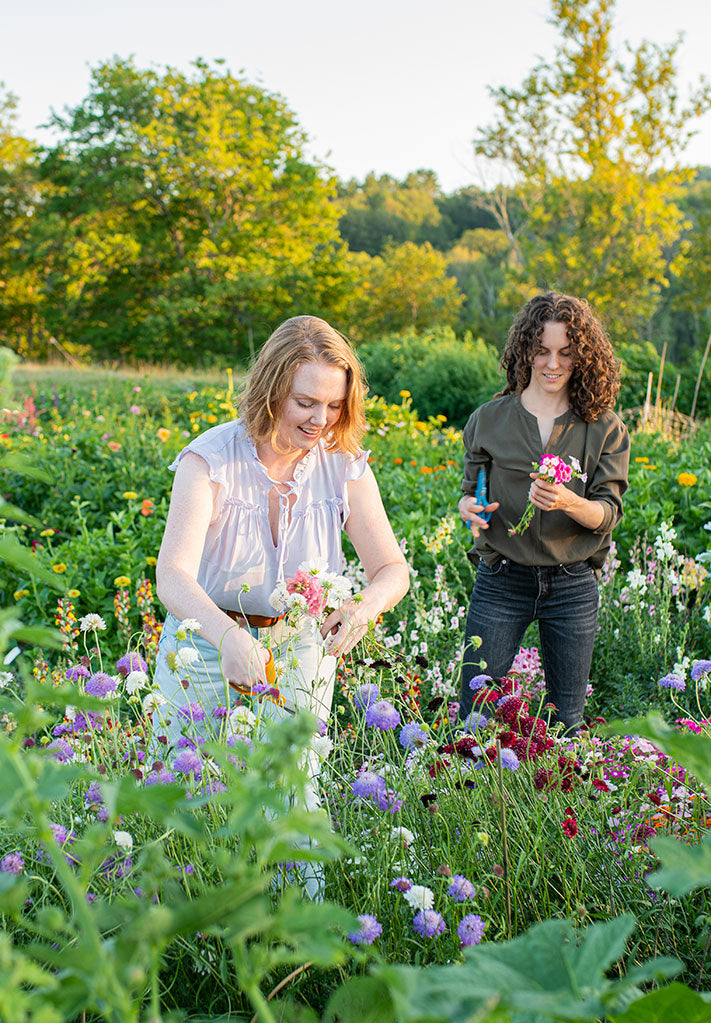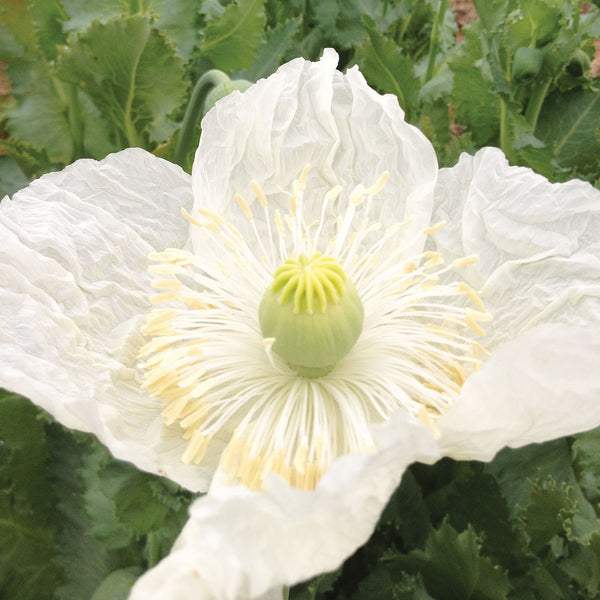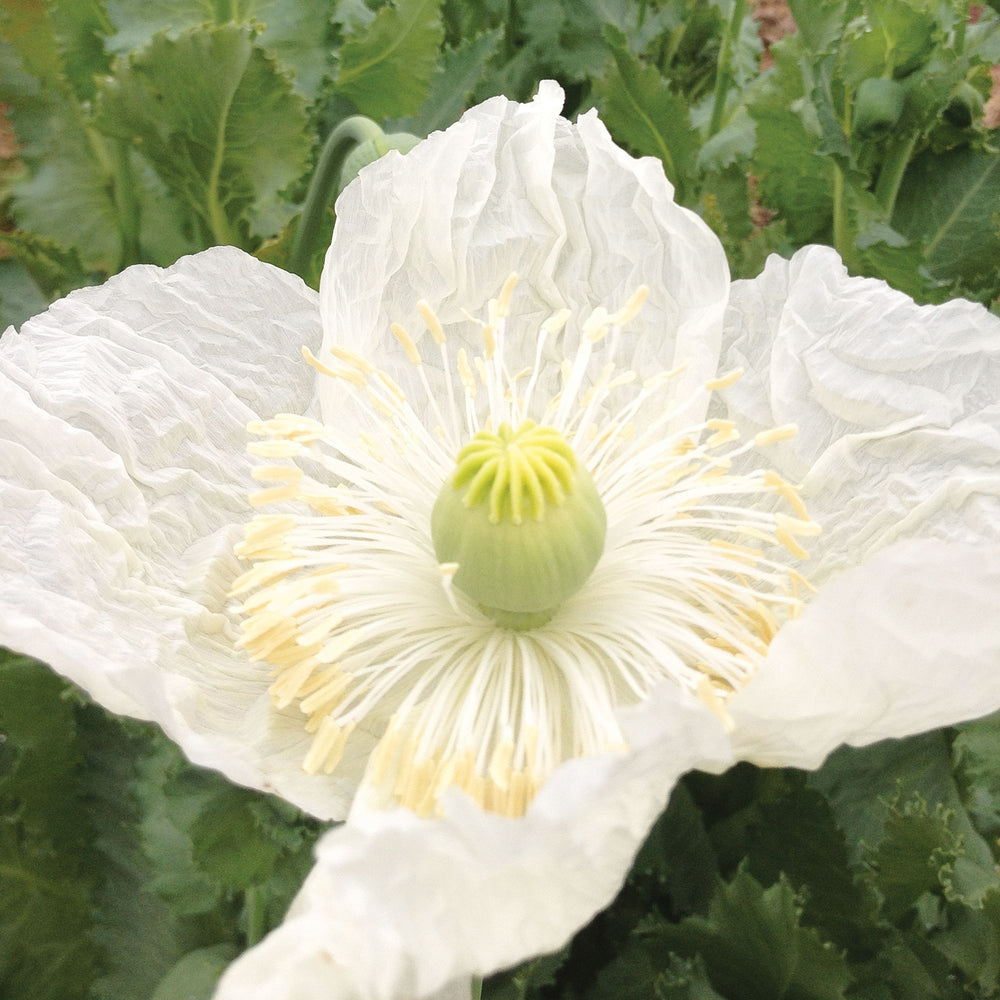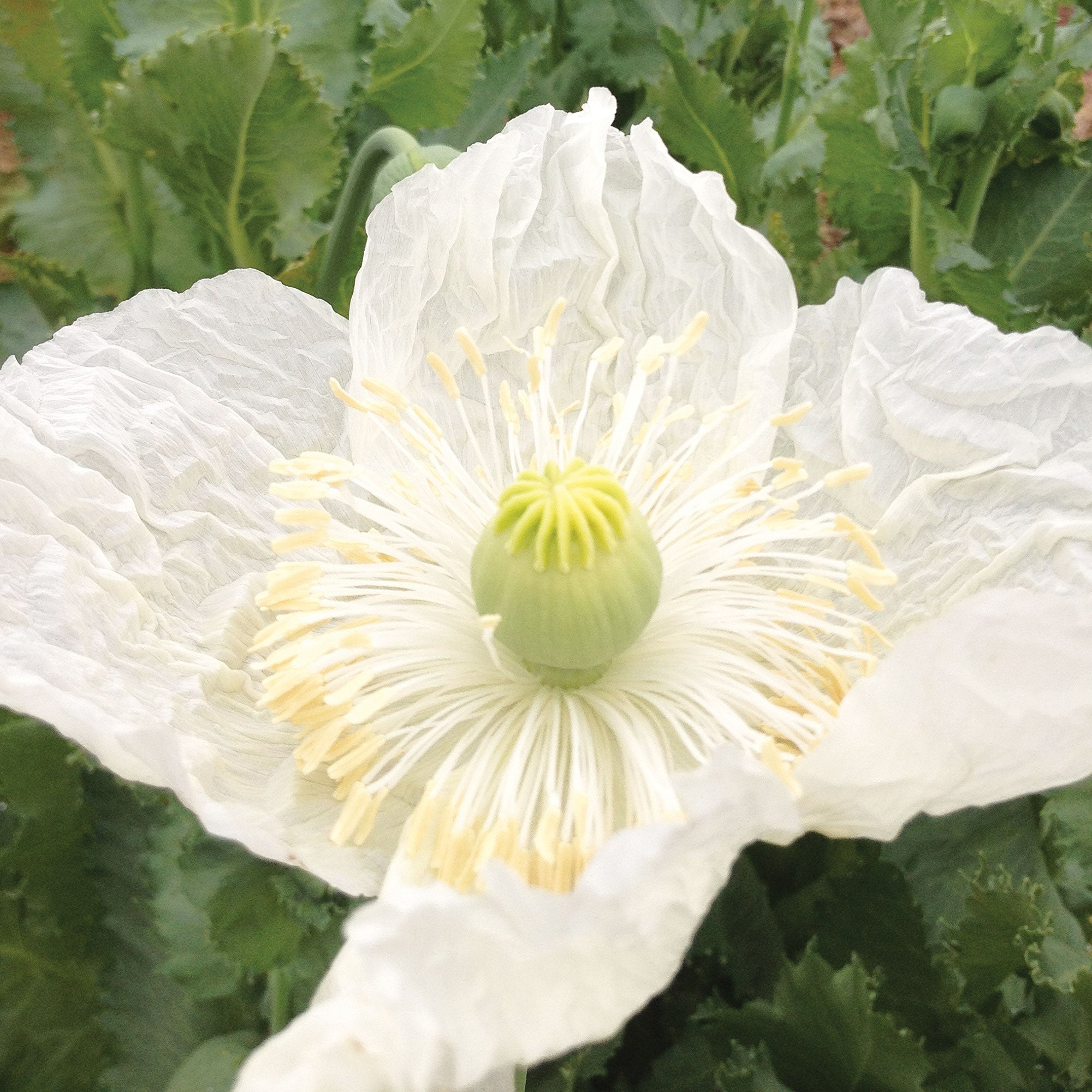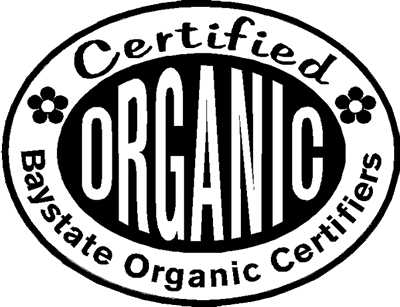SOWING INSTRUCTIONS
Depth:
Surface sow; requires light to germinate
Starting Indoors:
Sow in pots 6-8 weeks before last frost, cover lightly with vermiculite or a humidity dome and keep at 65-70°F until germination, then at 50-60°F. Be very gentle when transplanting,as poppies do not like to be disturbed.
Starting Outdoors:
Recommended. Direct sow 4 weeks before last spring frost or in late autumn (autumn only in zones 8+) Mix seed with fine sand and scatter thinly over prepared soil to avoid overcrowded seedlings.
WHEN TO SET OUTSIDE
At last spring frost date.
PLACEMENT & CULTIVATION
The symbol of sleep and death, but also of fertility, opium poppies have been with us since antiquity. They self-sow to bloom each year with flamboyant blossoms and sea green jagged foliage. An essential cottage garden flower, it requires fertile, sandy soils and an early start. Bees of all kinds will seek them out, often jostling each other in competition for the golden pollen. Site in vegetable gardens to attract pollinators, harvest its edible seeds or pick the seed pods on long stems for dried flower bouquets. Caution: green pods contain poisonous alkaloids and are highly toxic if ingested.
Watering Details:
These plants prefer evenly moist soil, but can tolerate drought. About an inch of water per week.
Soil pH:
Slightly acidic to neutral—if soil is acidic, add some lime before planting.
Fertilizer:
Mix in 2" inches of compost prior to planting.
Diseases & Pests:
Fungal diseases can be prevented by regularly spraying with organic fungicides and spacing at least 1' apart for good air circulation. If slugs and snails damage seedlings, sprinkle the surrounding soil with pelletized iron phosphate, crushed eggshells, or diatomaceous earth.
When to Cut for Bouquets:
Decorative dried seed pods.
